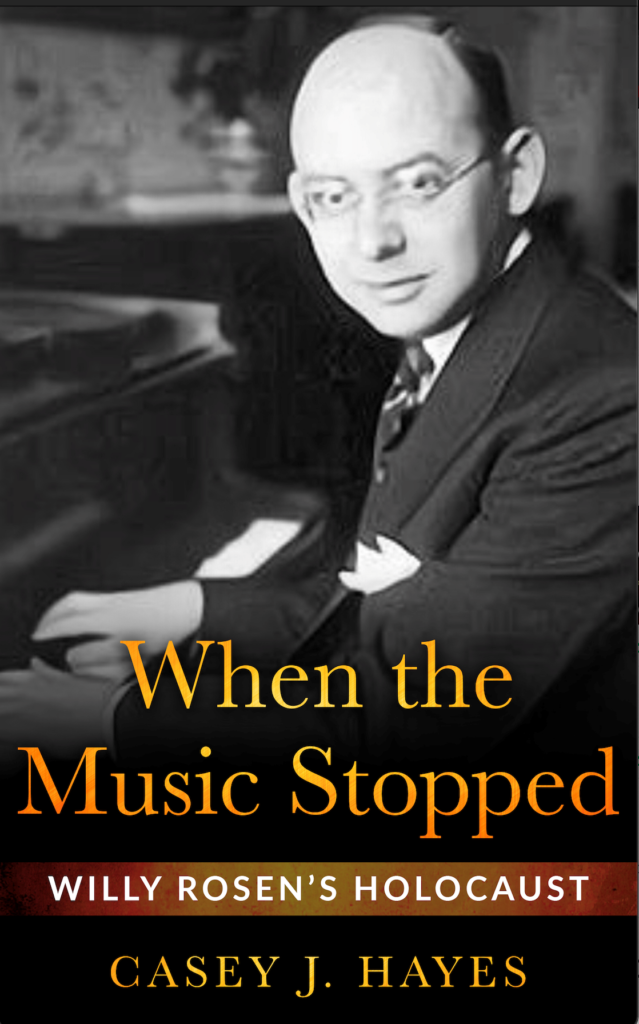
As a Fulbright Scholar in Austrian-American Studies, I have researched and written extensively on issues and events surrounding Fin-de-siècle Vienna, the Weimar Republic and the Third Reich. As a expert in Viennese Cabaret between 1930-1938 as well as Viennese Exilkabarett in New York City between 1938-1950, I am frequently called upon to write and present on research areas tangent to this time period. My book, When the Music Stopped…Willy Rosen’s Holocaust has garnered international acclaim, as I created a fact-based recreation of the life of Weimar Cabaret star Willy Rosen. Rosen’s popularity and wealth of connections were not enough to prevent his death in Auschwitz.

Additional topics of research interest include the following topics and sub-topics:
- Europe Between the Wars
- Weimar Germany (historical)
- Weimar Germany (artistic and musical)
- Rise of the National Socialists
- The Third Reich
- The Holocaust
- Fin-de-siècle Vienna (all aspects)
- Viennese Cabaret
- Viennese Operetta
- The Anschluß
- LGBTQI+ Austria (historic and current)
- Exilkabaret in New York City – 1938-1950
LGBTQI+ Choral Ensembles
My research work began with my fascination with the utilization of Gay Men’s Choruses to disseminate Gay culture to the non-Gay community. Of course, we have other words for this now, but as a fledgling researcher into an extremely under-researched field, I quickly found that most language that referenced the wide array of sexual identities merely didn’t exist yet. I consistently referred to sexuality as a spectrum on which most people do fit so neatly into a specific label. This research, since my beginnings in 2002, has been earth-shattering to say the least. Hundreds of researchers have picked up the work that many of us early purveyors of LGBT history began decades ago and have run with it…creating a plethora of intellectual thought on this and the myriad of subjects emanating from its core. I hope to continue my work in this field for decades to come, as the research simply continues to uncover other areas which have been neglected, as all good research should do.
